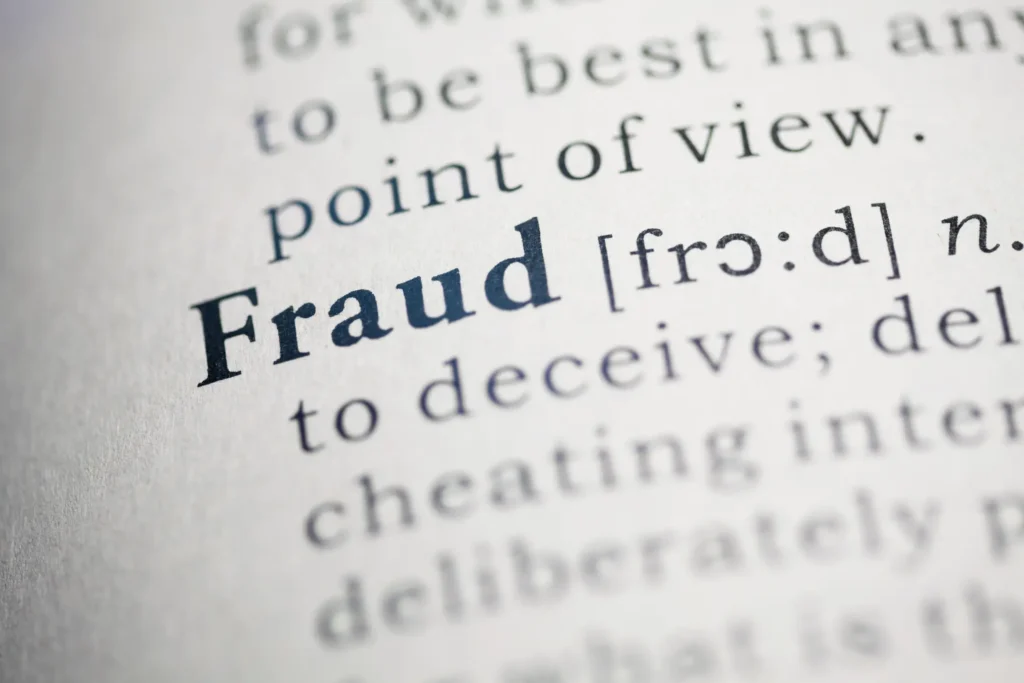How to Contest a Will in California

Key Takeaways Understanding Will Contests A will contest is the legal process of challenging the validity of the legal document stating how a person, known as the testator, wants their assets distributed after death. This process can be emotionally taxing since the person or people contesting the will are likely still grieving the loss of […]
Understanding Tortious Interference & How To Prove It

Executive Summary Introduction Tortious interference is when a third party to a contract intentionally acts to harm the financial potential of the relationship. While it is usually associated with business contracts, wills and trusts can be subject to tortious interference in some states, like California. An inheritance can be a significant financial event in your […]
Is Breach of Fiduciary Duty a Crime in Florida?

A breach of fiduciary duty occurs when a “fiduciary,” such as the personal representative of an estate, a trustee, or a guardian, fails to comply with the duties created by the nature of their relationship with another person. A fiduciary relationship exists whenever one person places confidence and trust in and is at some level […]
What Happens If You Pay Someone Else’s Property Taxes In Texas?

Executive Summary Introduction In Texas, you cannot assume ownership of someone else’s property by simply paying the balance of unpaid property taxes. However, you can purchase real estate, often at a discounted rate, at a tax foreclosure sale. Additionally, the payment of another person’s property taxes may accomplish one of the many steps in asserting […]
The Executor’s Guide to Fraud Claims

Executor fraud occurs when the executor of a will uses deceit to misappropriate estate assets for themselves or someone else who is not entitled to receive them. Claims of executor fraud can have serious consequences, including personal liability for the executor. What is executor fraud? Fraud occurs when the perpetrator unlawfully obtains money, assets, or […]
The Guide to Dead Man’s Statute and Exceptions

What is Dead Man’s Statute? Dead Man’s Statute, also known as “Dead Man’s Rule” or “Dead Man Act,” is a rule of evidence that prohibits an interested party from testifying about conversations or transactions with a deceased person in a civil case. This limitation only applies if all of the following criteria are met: […]
